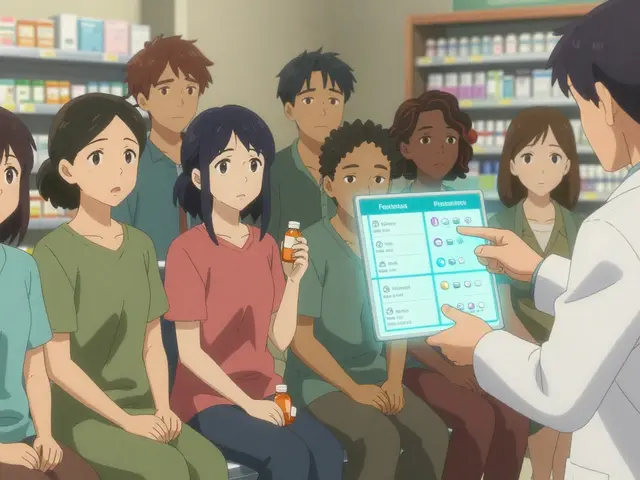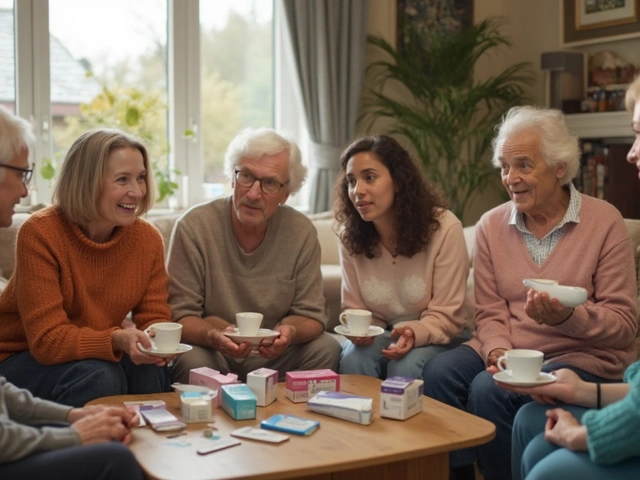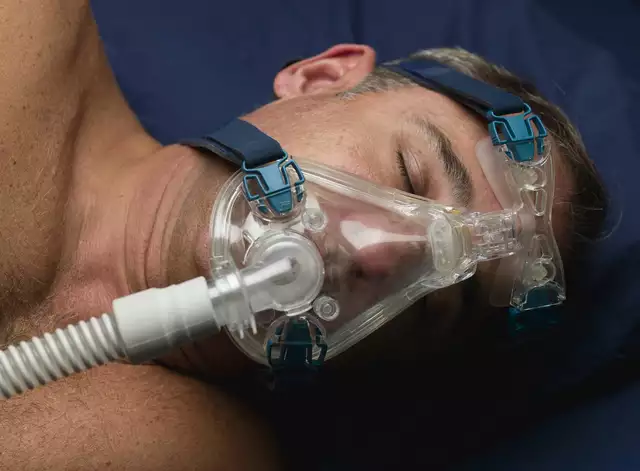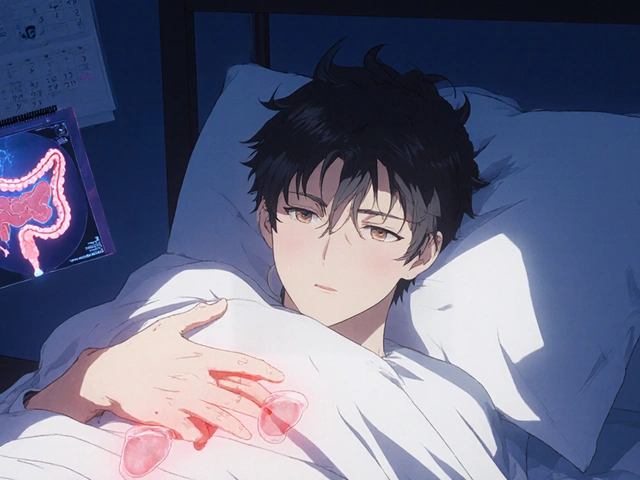Malaria treatment: quick, practical answers
Malaria is treatable — but timing and the right medicine matter. If you have fever after travel to a malaria area, get tested fast. A confirmed diagnosis tells your clinician which drug will work best and how urgently you need care.
How doctors decide treatment
Treatment depends on three things: the species (for example, Plasmodium falciparum or P. vivax), whether the illness is severe, and local drug resistance. For most uncomplicated P. falciparum infections, health authorities recommend an artemisinin-based combination therapy (ACT). ACTs combine a fast-acting artemisinin derivative with a partner drug to clear parasites quickly and reduce resistance.
P. vivax and P. ovale need two steps: treat the blood infection and prevent relapses. The blood-stage medicine clears the immediate illness; a separate drug (primaquine or tafenoquine) removes dormant liver forms. Important: those drugs can cause serious harm in people with G6PD deficiency, so a G6PD test is required before use.
Severe malaria and urgent care
Severe malaria is a medical emergency. Signs include very high fever, repeated vomiting, confusion, difficulty breathing, low urine output, or bleeding. Children, pregnant people, and anyone with signs of organ failure must be treated in hospital. Intravenous artesunate is the recommended first-line medicine for severe cases because it clears parasites fast and lowers the risk of death. Supportive care — fluids, oxygen, blood sugar monitoring — is often needed alongside the drug.
After initial IV treatment, patients usually switch to an oral ACT to finish the course once they can swallow and keep medicines down.
Travelers: preventing malaria is often easier than treating it. For short- and long-term trips to endemic areas, common preventive pills include atovaquone‑proguanil, doxycycline, or mefloquine. Choice depends on where you’re going, your health, and drug side effects. Always check regional resistance and talk with a travel clinic or your doctor before departure.
Follow these practical steps if you suspect malaria: get a rapid diagnostic test or blood smear, start the recommended treatment promptly under medical guidance, test for G6PD if relapse prevention is needed, and return for follow-up tests to confirm parasites are gone.
Simple prevention helps too: sleep under insecticide-treated bed nets, use insect repellent containing DEET or picaridin, wear long clothes at dusk, and reduce mosquito breeding sites around where you stay.
If you’re pregnant, a child, or have other health problems, tell your clinician right away — treatment choices and doses change. When in doubt, seek urgent medical care rather than waiting it out. Fast action saves lives and reduces complications.
As a blogger, I've been closely following the impact of chloroquine phosphate on global health. This drug, commonly used to treat malaria, has been a game-changer in many regions where this disease is prevalent. Its widespread use has led to a significant decrease in malaria-related deaths and improved overall health in affected countries. However, we must also be cautious about the potential for drug resistance and side effects associated with its use. In conclusion, while chloroquine phosphate has had an undeniably positive effect on global health, it's crucial to continue researching and implementing strategies to combat malaria and other diseases effectively.
Read more






